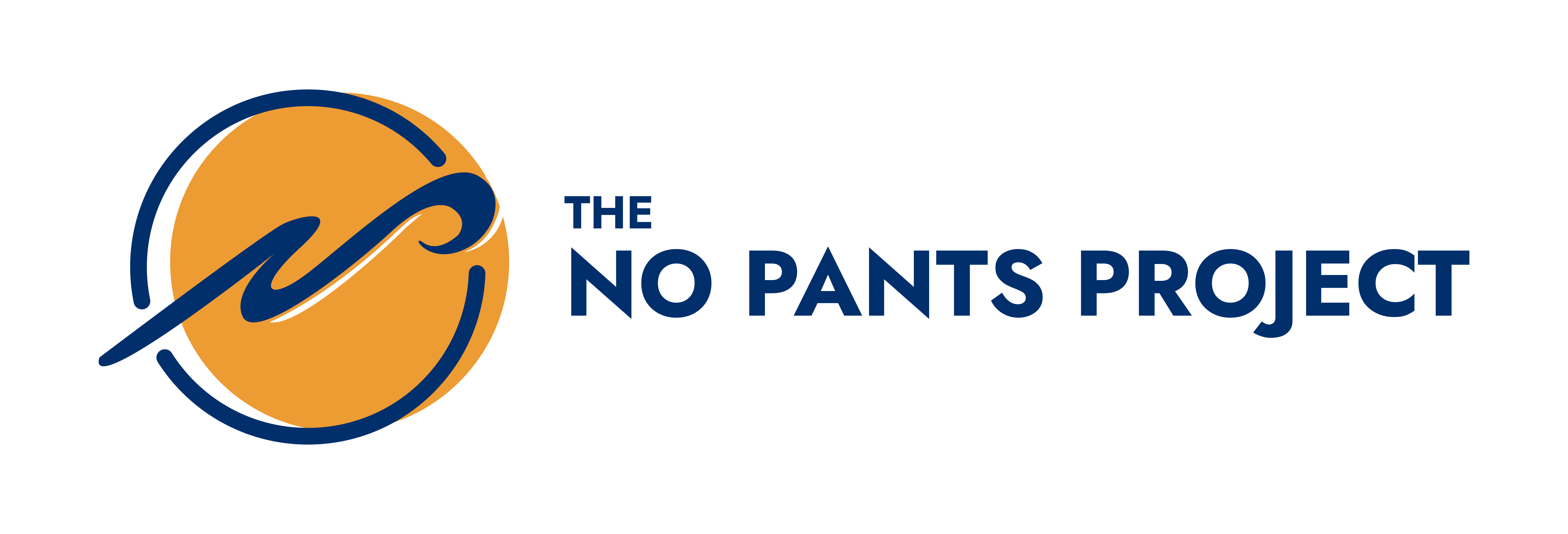If you’re thinking about freelancing or in the process of launching a business, you can save precious time and sanity by learning from other people’s mistakes.
Use this list to set things right or avoid challenges altogether as you get started.
1. Fear of Ambiguity | More Analysis than Action
The only way to get clarity is to experiment and invite failure.
If you wait until all signs clearly point to a well lit, positive outcome, you’ll never launch your business.
It’s not that you should be careless or take unnecessary risks, but if you try to remove all uncertainty, you’ll just freeze and fail through inertia.
On the other hand, to fail through experimentation is a necessary piece of the learning process and an important part of launching a new business, or launching anything really.
I spent months procrastinating the launch of my business, convinced that I needed to learn more, get clearer on this topic or that topic, take just a little more time to get just a little bit more insight.
I consumed an excessive amount of content trying to answer all kinds of questions before making my first move:
How can I work as a freelancer if I haven’t decided my niche yet?
What kinds of copy services should I promote as my specialty?
If I’ve never designed a funnel, shouldn’t I study funnel design first?
Who am I? Maybe this book has the answer.
Where am I going? Maybe the way forward is through this blog, or that infographic, or my belly button.
Of course you should research and study!
Great Motto: Always Be Learning.
But if you want to reach your business goals more efficiently, be sure to pair learning with doing, and remember that some of the best learning involves failure, because failure is just another way of figuring things out.
Greater Motto: Always Be Learning and Doing.
Mike Shreeve is a big proponent of finding clarity through action. He encourages students in The No Pants Project to get out of our heads, and out of our own way. The most efficient and effective route to clarity is by doing.
Check out this post for more inspiration and practical advice about getting started.
2. Fear of Promoting Myself While Lacking Experience
Putting myself out there has been one of the biggest challenges I’ve faced, by far, but it’s not a new one.
I struggled with self promotion even when I was an employee doing innovative work, exceeding expectations, and accomplishing impressive outcomes in a corporate setting.
Just writing that sentence without lapsing into a self deprecating detour is proof I’ve come a long way since then.
Back in my office days crowing about accomplishments made me uncomfortable, even when it was encouraged or expected.
Later as a new business owner it was my lack of relevant accomplishments that made me uncomfortable. (What I wouldn’t have given to crow a bit!)
I felt confident in my skills, but was pretty lost when it came to promoting them without “proof.” I couldn’t share samples of my corporate content, because it was proprietary, and it didn’t represent the kind of work I wanted to do as a freelancer anyway.
What could I do? Did I need a portfolio? Would I have to work for free to build one?
What got me unstuck was reading a student question in The No Pants Project community.
Another noob was essentially going through the same dilemma, and the coaches responded with practical, actionable advice that I easily applied to my own situation.

Among other things, I learned that most clients care more about what you can do for them now, than what you’ve done in the past.
It’s not that experience doesn’t matter, but it’s not the only thing that matters, or even the most important thing.
Potential clients need to believe in your skills, abilities, and trustworthiness. There are ways to communicate what you can do, even if you’re new.
Of course the whole point of promoting yourself is to attract clients who need your services, which involves selling, and selling is yet another business requirement that nearly paralyzed me in the beginning.
3. Fear of Selling
If the thought of “pitching” your services or telling a stranger how much you charge makes you want to breathe into a paper bag, I get it.
Trust me.
Overcoming my fear of selling has been one of the biggest breakthroughs I’ve had so far. I wrote about it in this post about transitioning from sales freakout to sales finesse.
HINT: There’s a big difference between selling and serving, and like many Beginner Dilemmas, the source and solution both live inside your brain.
Mindset is massively important in conquering challenges, obviously, but thinking alone isn’t always enough.
Whether you’re navigating new territory, trying to solve a problem, or just build positive momentum, almost everything can be improved with more discipline.
4. More Passion than Discipline
This particular challenge was less obvious than my other fears and hangups, so I didn’t immediately recognize it.
I was (and still am! Look at all these exclamation points!!) super excited about freelancing topics (except maybe the bookkeeping part. PS: Are you a bookkeeper? Call me!).
I love to talk about the freelance frontier with anyone who will listen. I love to learn about it in practically every free moment (see Challenge 1).
I even love to sit down at my desk and work at it. I truly do.
But loving to work is not the same as having business discipline.
You need discipline to get through the parts you don’t love and don’t find easy.
(Bookkeeping anyone?)
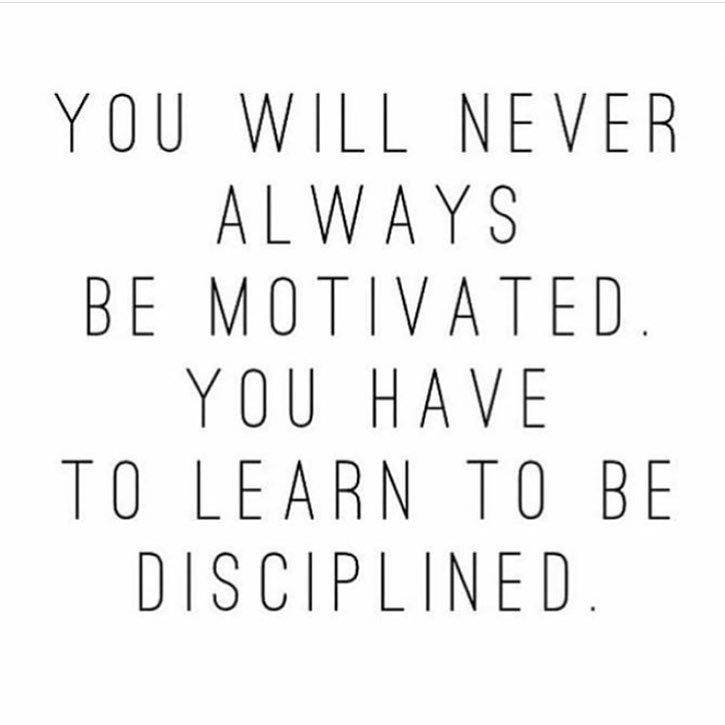
Build New Biz Habits ‘til They’re Biz Routines
During the first three months of launching my business, when everything was in its infancy and barely formed, I took multiple trips that pulled me out of my home office for weeks at a time, completely misjudging how disruptive this would be.
My passion and excitement were not enough to save me.
Why I thought traveling while launching would be fine:
- I can work anywhere with internet access.
- I took my laptop and planner. Duh.
- I spent years taking business trips and working on the road as a corporate employee. This ain’t my first jetway rodeo!
Why it turned out to be a BIG MISTAKE, and not fine at all:
Traveling wasn’t the problem so much as the timing of the trips.
When I was a corporate traveler, I had deeply honed routines to keep me grounded when work was unfamiliar or chaotic. So while working on the road was nothing new, running my own business was.
As a brand new, barely launched freelancer with only a handful of paid projects under my belt, I was still forming new habits and figuring out important processes.
Nothing was second nature yet.
Sure, I can provide my services from anywhere, but routines need stability to take root.
Tips for Building New Habits
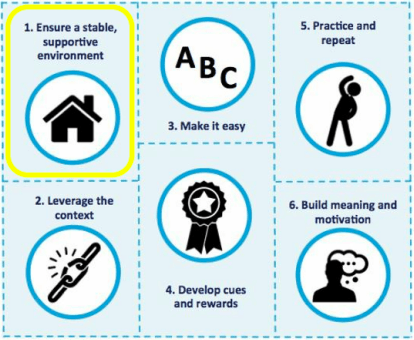
Uprooting my routines before they’d properly formed was just one of the ways I got ahead of myself…
5. Getting Ahead of Myself
No matter where you are in your freelancing journey, it’s important to prioritize high-return tasks.
Start by eliminating activities that aren’t necessary or valuable. Then find ways to automate, outsource or delegate low-return and less important stuff.
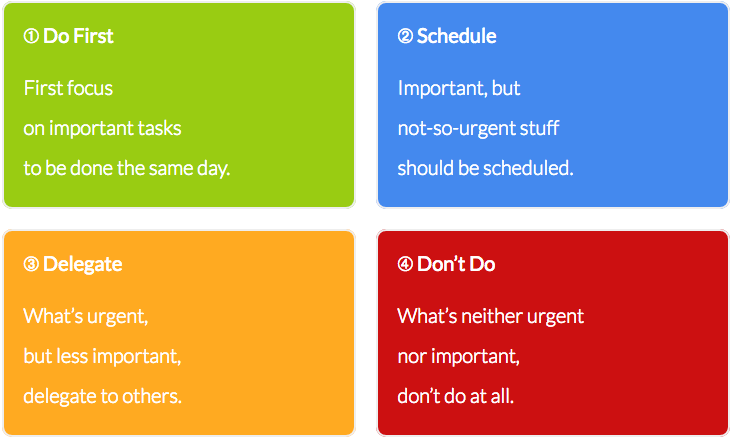
Before you can do any of that, though, it helps to know what’s important right now.
Get Your Priorities Straight
In my first month of prospecting, when my income was hovering at roughly zero dollars and zero cents, I spent hours studying sales letters, and hardly any time scheduling sales calls.
I had it completely backwards.
My top priority should have been getting prospects on the phone.
Studying in a vacuum was not creating real value, but I convinced myself that it was because I like studying more than selling. (See Challenge 3.)
Down the line, once I had clients paying me to write sales letters, it would make perfect sense to spend more time studying sales copy, while also applying what I was learning in real time and in the real world.
The 80/20 Principle. It’s Everywhere, Man!
You’re surrounded by the 80/20 principle, so you may as well harness it.
I was only vaguely aware of this (fairly mind-blowing) formula before we explored it during a weekend workshop hosted by Mike Shreeve. You may know it as the Pareto principle or the law of the vital few, or maybe this is the first you’ve heard it by any name.
Here’s the idea in a nutshell: Of all the factors that contribute to any given outcome, 80% of the results are caused by 20% of the inputs.
The vital few (20%) generate the biggest impact or influence.
This ratio plays out in pretty much all facets of existence, but let’s focus on work and freelancing.
- 80% of your revenue comes from a core 20% of your client base.
- On a project or team, 20% of the contributors are producing 80% of the outcomes. Conversely, the majority of team members (80%) generate just 20% of the team’s success.
- 80% of your business success is caused by a few vital activities, or just 20% of all the stuff you manage as the Boss of You.
“80/20 applies to almost everything in business that you can count. Almost every frustration you have in sales has something to do with ignoring 80/20.” ― Perry Marshall, 80/20 Sales and Marketing: The Definitive Guide to Working Less and Making More
This stuff gets deep, but even understanding it at a surface level can boost your productivity. And while studying 80/20 principles can be super helpful, I know first hand that it can be confusing if you accidentally try to apply “the vital few” of a mature business to your fledgling freelance career.
When you’re just starting out, high-return activities (the vital few) look different from high-return tasks you do after you’re up and running.
Once again, my advice is to study in a community. Mentor guidance made a huge difference in my interpretation of 80/20 concepts and mapping out my freelance journey in general.
Even seasoned veterans can struggle to define their priorities, especially when they’re juggling competing responsibilities. The more money you make, the higher your risk for work-life imbalance.
That’s why right now is the best time to create rock solid self-care routines, while you’re still a noob forming fundamental habits that will shape everything to come.
If your most important business asset is You, taking care of yourself is, by definition, taking care of business, which brings us to the next challenge…
6. Forgetting or Neglecting Self Care
When I was a corporate zombie, leaving my desk for lunch was reserved for special occasions like a coworker’s birthday, or eating in another coworker’s office.
I don’t buy into the Busy Badge of Honor anymore, but I need safeguards in place to remind me. Otherwise I can easily slide into habits of grinding, forgetting to call my friends, working when I should be exercising, etc.
Hard work comes naturally. But hard work doesn’t equate to better business.
Taking care of yourself is one of the most important investments you can make in your business.
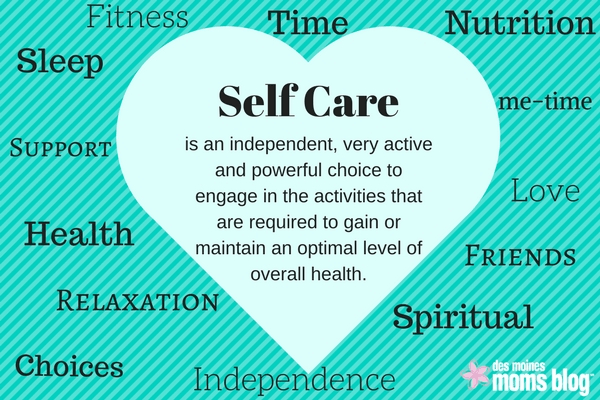
My work legitimately improves when I consistently honor “non-work” priorities like meditation, hiking, and spending time with people who matter.
Self-care isn’t completely self contained, though. Sometimes the best thing you can do for yourself is to reach out to someone else, and ask for help.
7. Not Asking for Help
One night when it was my turn to cook dinner, my husband put on an apron and waved me out of the kitchen. I was only a few weeks into my business launch, so I thanked him, returned to my office, and came back later to eat … and feel guilty about not cooking.
Before we cleared the dishes my husband asked if I thought maintaining our chore rotation was really as important as my new business.
“You know you can ask for help, right?” he said, “I want to help.”
With those simple words, he opened up vital reserves of my time and mental energy.
I wonder how much more I could have accomplished if I’d asked for help instead of waiting to be offered.
I made my husband figure out what I needed, then figure out that I probably wouldn’t ask for it, then do the work of offering on my behalf, then do the work that he took over on my behalf.
You see how flawed it was to think I was sparing him by not asking for help? What I really did was force him to work at making more work for himself.
If you have a support system, allow them the opportunity to help you succeed.
Don’t make them do the work of figuring out how to help you, on top of doing the work of helping you.
Besides accepting help when it’s graciously offered, I’ve found support in peers and mentors who know exactly what I’m going through as a new freelancer. The peers are a source of encouragement and camaraderie, and the coaches add expertise and wisdom. Working for yourself can be pretty isolating, even for this introvert, but it doesn’t have to be.
“If you don’t ask for help, the right people can’t come into your life.” Brendon Burchard, High Performance Habits.
The No Pants Project is a community that’s refreshingly free of cliquishness and pretense, with a vibe that’s best described as informed encouragement. I’d be lost without them.
Where are you in all this? Need help getting started or unstuck?
New Freelancer Traps Round Up
Avoid these noob mistakes to move along the business-learning curve with more ease:
- Don’t wait for clarity. Learn by doing.
- Don’t assume a client won’t hire you because you lack experience. Clients need help, and you don’t need to work for free or wait until you’ve created a vast portfolio to promote your ability to help.
- Get over your selling hangups. Approach sales as service, and learn how to fix whatever else is holding you back between the ears.
- Put more emphasis on discipline than passion. Both are important, but discipline is the basis of routines that withstand disruptions, boredom, and resistance.
- Don’t get ahead of yourself. Do what needs to be done now, not what you’ll need to do a year from now. If you’re not sure what that means, look for guidance from peers and mentors.
- Prioritize maintenance of your most valuable business asset: You.
- For all of the above and more, get comfortable asking for help. It might be exactly the game changer that propels your business beyond anything you could imagine.
It can be overwhelming to parse through all the advice for freelance rookies. There’s rarely one right way for everyone, and it can be hard to find what’s best for your specific situation.
If you have access to other freelancers and coaches, lean into their experience and insights for guidance.
Since enrolling in The No Pants Project, I can’t imagine what it would be like to go it alone, and I’m so glad I don’t have to!
